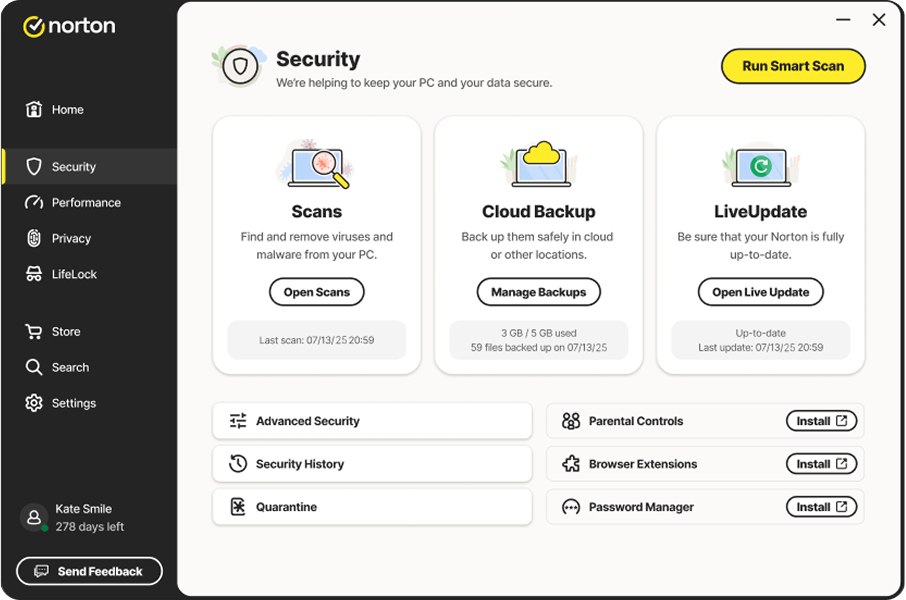How to check if your phone is tapped and what to do if it is
Your phone may be tapped. Learn how to recognise it and what to do to protect your privacy from unwanted guests.
Published January 17, 2025











Want more?
Follow us for all the latest news, tips, and updates.